These days, the competition to attract good students is driving many colleges to rethink their marketing strategies.
While a good college marketing program will include multiple channels, SEO deserves special attention. For large numbers of students, the search for the perfect college begins online — and implementing a strong college SEO strategy will help ensure that your institution catches their attention.
Here are some of the top techniques a college SEO company might use to help boost your traffic and enrollment.




